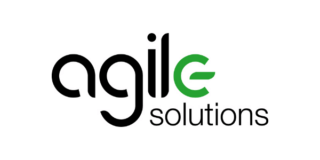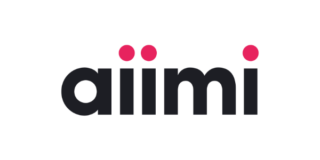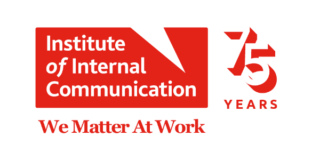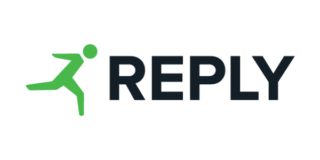
MKAI AI Symposium: Demystifying AI’s Transformative Potential through collaboration with Bedford College Group

We embarked on a transformative journey through the complex and captivating world of AI, courtesy of the AI Symposium, co-hosted with The Bedford College Group.
The AI Symposium offered a deep dive into the evolving landscape of artificial intelligence. This event, enriched by the diverse expertise of its attendees, significantly elevated the collective understanding of AI’s potential and challenges.
Special recognition goes to Robin Webber-Jones and Adam Godfrey for their leadership in this initiative, and to Yiannis Koursis for the invaluable collaboration with Bedford College Group. Additionally, Paul Levy’s co-hosting facilitated critical discussions that sparked many important insights.
Through a series of interactive sessions and thoughtful discussions, the symposium provided a platform for over 70 participants from various sectors, including education, legal, local government, arts, and IT, to explore AI’s role in transforming industries. The event highlighted the pressing need for ethical AI education, as participants delved into issues such as accountability, transparency, bias, and data privacy.
The symposium revealed a marked improvement in AI comprehension among participants. A self-assessment before and after the event showed a significant increase in AI literacy, reflecting a weighted average rise from 4.48 to 6.21 out of 10.
Key findings from the symposium included:
- Anticipated Impact of AI: Participants overwhelmingly believe in AI’s potential to revolutionise their industries, anticipating substantial operational and strategic transformations.
- Challenges in AI Adoption: Ethical concerns, a lack of understanding, integration issues, and data privacy remain significant hurdles, underscoring the need for ongoing education and ethical guidelines.
- Ethical Challenges: The primary ethical concerns identified were accountability and transparency, followed by bias, data privacy, and the impact on employment.
- Public Discourse on AI Ethics: There is a clear need for more informed and engaging discussions on AI ethics, addressing a perceived gap between AI developments and public understanding.
- AI Literacy Barriers: The complexity of AI subjects and competing societal challenges were cited as major obstacles, highlighting the importance of simplifying AI concepts for broader audiences.
The insights gained from the AI Symposium underscore the critical need to address ethical and educational challenges in AI integration. These findings will guide MKAI and Bedford College’s continued efforts to cultivate a knowledgeable and ethically aware community prepared for the AI-driven future.
Looking ahead, participants expressed a strong desire for further engagement through additional symposia, workshops, and courses focused on practical AI applications, ethical considerations, and tailored AI solutions for various sectors. These initiatives aim to deepen understanding, foster collaboration, and provide practical tools for AI integration in both educational and professional settings.
MKAI remains committed to empowering businesses, educators, and policymakers through educational workshops, consulting services, and bespoke training programs that enhance AI literacy and promote ethical AI usage. By fostering an inclusive environment that embraces diverse perspectives, MKAI continues to lead the way in addressing the multifaceted challenges of AI adoption.
A heartfelt thank you to all participants who contributed to the vibrant discussions and brought invaluable insights to the table. It was inspiring to witness such a profound upswing in AI understanding, as detailed in our post-event report.
As we continue to demystify AI and tackle its ethical challenges, we’re reminded of the power of community and collaboration. Your insights and enthusiasm for continued learning are what drive our efforts at MKAI.
















